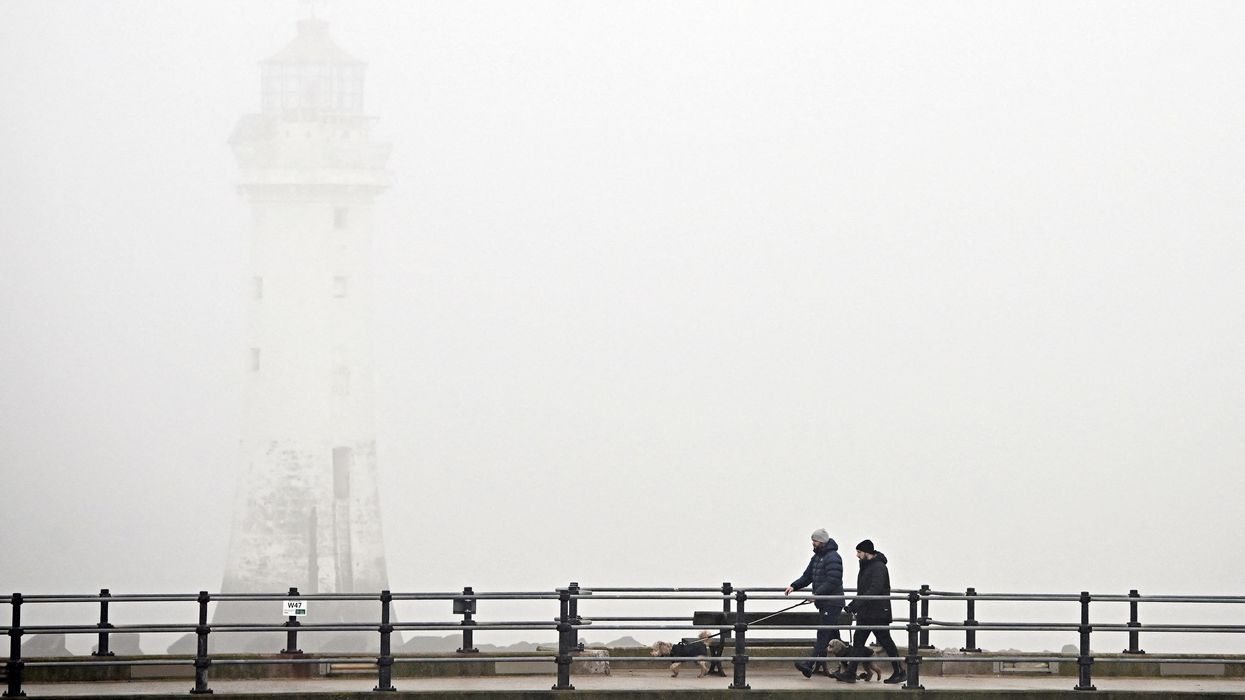UK’s largest children’s charity Barnardo’s has launched 'Boloh' helpline (0800 151 2605) to support vulnerable black, Asian and minority ethnic (BAME) children and families during the four-week national lockdown starts on Thursday(5).
The helpline provides therapeutic support, a live web chat facility, and a lifeline to communities struggling to deal with issues such as sickness and bereavement, rising hate crime and loss of support services, due to the pandemic.
The Boloh, which means 'speak' in Hindi, Urdu and Gujarati, helpline service also provides advice, and support from trained specialist advisors and therapists from a diverse cultural backgrounds and can speak a range of languages, a statement said.
It will also signpost queries to a range of different organisations such as Citizen Advice, which can help with families experiencing financial problems, and also to local community groups.
"Our new helpline for children and families is the first of its kind, offering a UK-wide support service to help BAME families tackle a unique and complex range of issues," said Javed Khan, Barnardo’s CEO.
“I know from personal experience that families in black, Asian, and minority ethnic communities have been hit hardest by the pandemic. Black people are four times more likely to die of the virus compared to white people, while Covid and recession are worsening existing inequalities. As a result, children are suffering bereavement, mental health problems and fear for the future - yet many remain hidden from essential support services and have been left to suffer in silence."
Launched on 1 October, Boloh helpline is the result of a new partnership with the National Emergencies Trust, (NET) whose funds are ring-fenced to target specific at-risk groups across the UK.
The £900,000 grant will be drawn from £20 million pledged to the Coronavirus Appeal by the Covid-19 Support Fund, established by the insurance and long-term savings industry.
Research published last week by the Resolution Foundation shows black, Asian and minority ethnic workers are more likely to be made unemployed post-furlough.
A survey of 6,000 adults found over one in five of black, Asian and minority ethnic workers who were furloughed during lockdown were unemployed in September, compared to 9 per cent for the general population.
Recent research by the Financial Conduct Authority (FCA) shows that people from black, Asian and minority ethnic backgrounds are most likely to struggle with bills or loan repayments, with 37 per cent within this group taking a financial hit to their income.
Official statistics say that nearly double the number of children from Asian and balck families are in poverty compared with white children.



















 Inaugration Ceremony of International Yoga Day 2025Parmarth Niketan
Inaugration Ceremony of International Yoga Day 2025Parmarth Niketan Sacred Ganga Aarti ceremony on the banks of the holy GangesParmarth Niketan
Sacred Ganga Aarti ceremony on the banks of the holy GangesParmarth Niketan